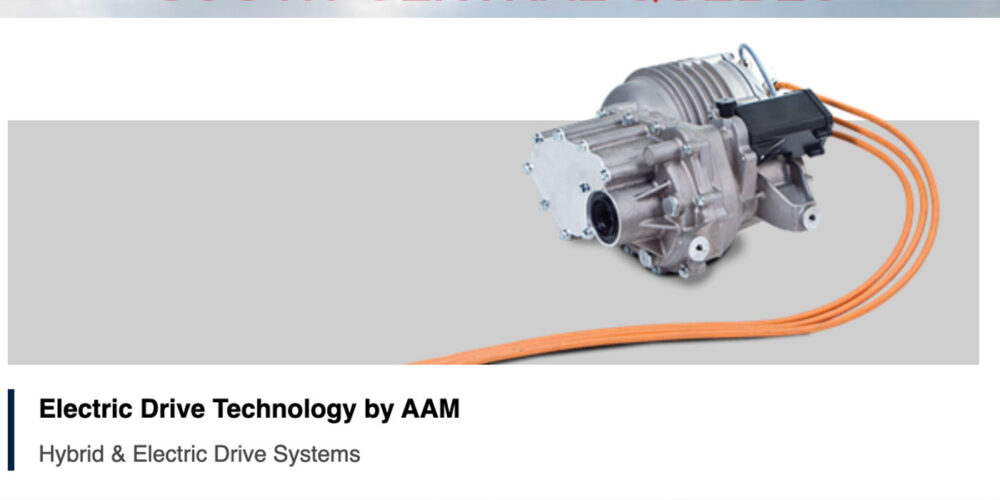From The Cincinnati Post
The accelerating woes of Ford and GM and the ongoing crisis in the auto parts industry have produced vows from Detroit that business-as-usual won’t continue. Yet, unless business-as-usual in U.S. trade policy ends too, and Washington imposes sweeping emergency tariffs on imports of manufactured goods, the American-owned automotive industry will soon disappear, and along with it much of the rest of America’s core manufacturing.
For a quarter century, Washington has dodged the biggest trade problem plaguing domestic automotive producers: an import tidal wave of vehicles and parts from rivals enjoying a host of advantages unavailable to U.S. automakers. Although Japanese, German and Korean automotive companies sell freely into the U.S. market, their own home markets have been tightly protected. These governments also use numerous other tricks to promote their auto sectors, such as undervalued currencies, subsidies, and tax rebates and other breaks.
Since the import flood began in the 1970s, U.S. leaders have lacked the will and economic savvy to counteract these unfair competitive advantages. In the 1980s, the United States imposed import quotas in part aimed at forcing foreign automotive companies to produce in America. But because no overall competitiveness strategy accompanied these barriers, they handed the Europeans and Asians not only new access to U.S. markets, but also bargain-basement labor and health cost structures and zero retirement obligations — magnifying the advantages created by one-way trade. State governments added to market distortions by competing for foreign-owned assembly plants with substantial incentives largely unavailable to U.S. manufacturers.
During the 1990s, domestic automotive producers strongly backed NAFTA and other outsourcing-focused trade deals. They believed that, in the absence of effective government assistance, NAFTA would strengthen American manufacturing by enabling labor-intensive operations to be sent to low-cost Mexico, and by requiring Asian and European manufacturers to use high levels of North American content if they wanted to sell here.
Today, however, even though foreign-owned factories produce millions of vehicles in the United States, car and truck imports from these countries keep surging. Between 1997 and 2004 alone, total vehicle imports rose nearly 21 percent from high-wage Japan, more than doubled from high-wage Germany and jumped nearly five-fold from lower-wage Korea.
Further, despite the transplants’ claims of using high and rising levels of U.S.-made parts, imports of these items have increased even faster than vehicle imports. From 1997 to 2004, German parts imports soared more than 142 percent in value terms, Japanese imports ballooned by more than 106 percent and Korean imports more than tripled. Imports of the highest value auto parts show many of the biggest rises. Detroit’s foreign rivals, in other words, have simply reserved the most lucrative manufacturing for their home economies and NAFTA’s domestic content requirements have been too porous to stop them.
So far, Washington has inexplicably ignored the deepening auto crisis. Faced with the demise of a cornerstone American industry, politicians in both parties are apparently betting that pending free- trade deals will magically reverse decades of trade policy incompetence in time to create the mythical “level playing field.” President Bush’s recent emphasis on free market solutions for the auto crisis is a perfect example. Without action by Washington to offset foreign interventionism, the president’s expectation that GM and Ford acting alone can survive, prosper and meet their pension and health care obligations is delusional.
Only with an emergency surcharge on imports can Detroit address its internal problems and Washington address unfair foreign automotive competition. Strong medicine, to be sure. But without it, Ford, GM, Delphi and others will keep speeding down the road to receivership, dragging a host of related industries with them.
This editorial was authored by Kevin Kearns and Alan Tonelson. Kearns is president of the U.S. Business and Industry Council. Tonelson is a research fellow at the council’s Educational Foundation.
Copyright 2006 The Cincinnati Post. All Rights Reserved.
_______________________________________
Click here to view the rest of today’s headlines.













